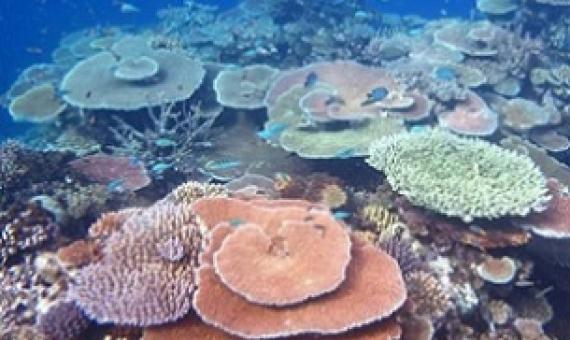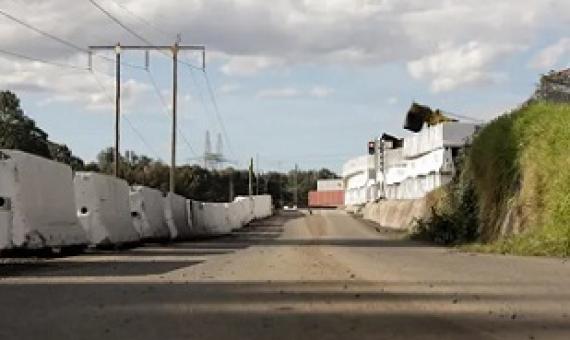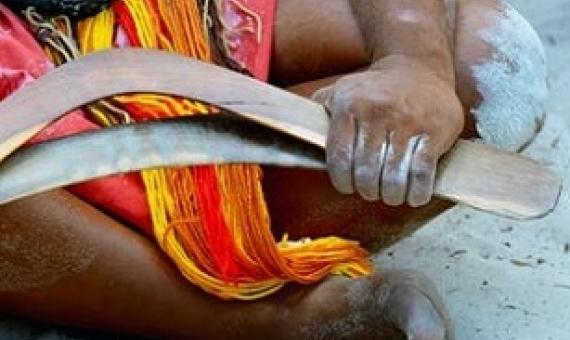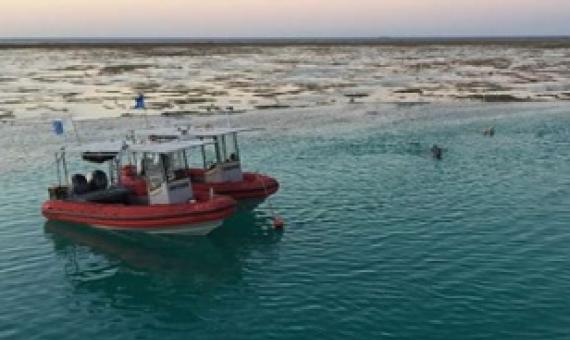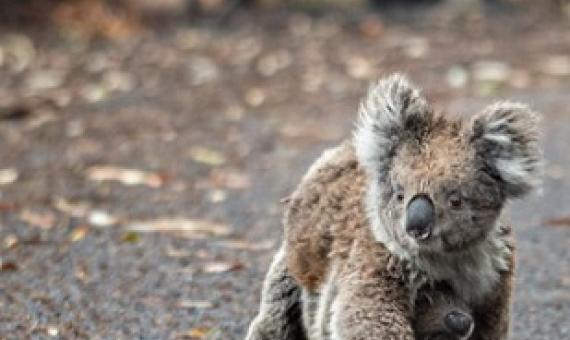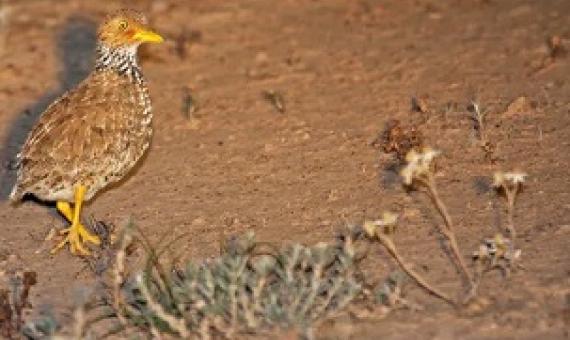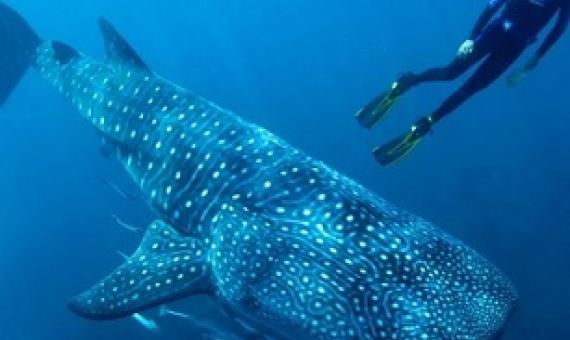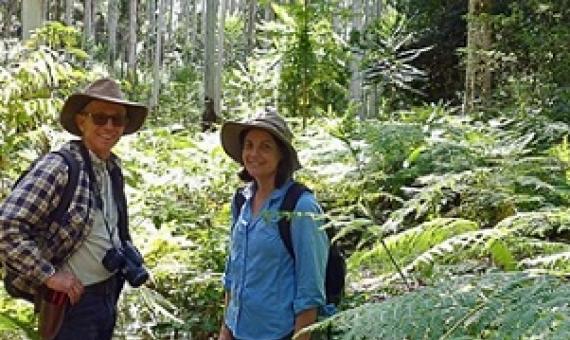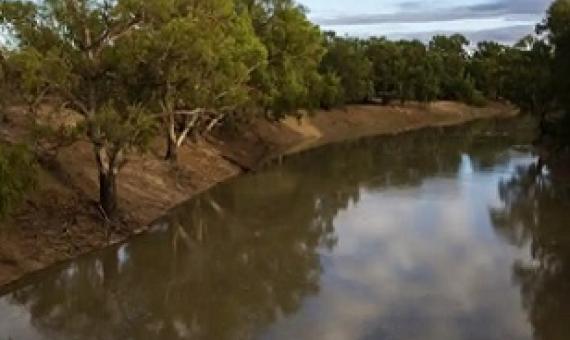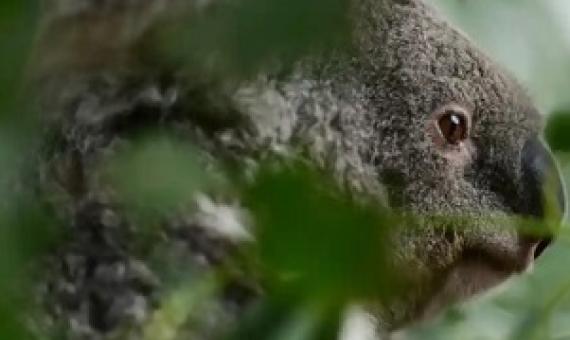The world's most famous coral reef is showing signs of recovery...A new report by The Australian Institute of Marine Sciences (AIMS) has shown that coral is starting to grow back in some areas of the reef despite being hit by mass coral-bleaching, cyclones and crown-of-thorns starfish.
In a secret location in an industrial area in western Sydney, a test strip of asphalt is being laid. But this is no ordinary road. The 50-metre strip stretching out into the hot afternoon sun is held together by an unusual material.
The bushfire royal commission is examining ways Indigenous land and fire management could improve Australia's resilience to national disasters. On the face of it, this offers an opportunity to embrace Indigenous ways of knowing.
A world-first study examining the scales of management of the Great Barrier Reef has the potential to help sustain other ecosystems across the world...The new study suggests the way people are managed when undertaking various activities within the marine park—like fishing, boating, and scien
A new paper suggests that the 2019-2020 Australian bushfires impacted critical habitats of more than 800 native species, with 70 species losing more than 30% of their natural range. The bushfires may have led to a 14% increase in threatened species, according to the study.
Volcanic plains stretching from Melbourne’s west to the South Australian border were once home to native grasslands strewn with wildflowers and a vast diversity of animals. Today, this grassland ecosystem is critically endangered.
The agreement provides for the joint management and joint vesting of the existing Ningaloo Marine Park (260,000 hectares) and Cape Range National Park (50,000 hectares), as well as the creation of about 78,000 hectares of new conservation areas extending over approximately 215 kilometres of the N
Nature refuge landholders representing over two million hectares of private protected land are calling on Queensland MPs to increase investment in the underfunded Nature Refuges Program by $24 million per year.
Aboriginal people hold less than 1% of all water licences in Australia, a form of economic and cultural dispossession that needs urgent redress, according to a major study of water rights in the Murray-Darling Basin. Researchers from Griffith University found Aboriginal water entitlemen
Australia’s environment is in an unsustainable state of decline and laws set up to protect unique species and habitats are ineffective, a major review of the national environmental framework has found.

